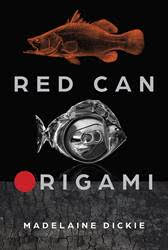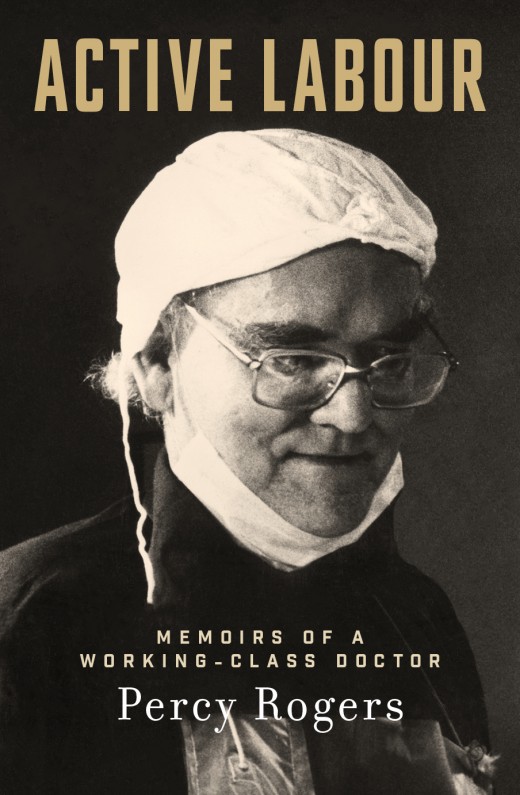
Many writers are often unsure whether to hyphenate or not to hyphenate a descriptive word combination in a sentence. We all know there are often exceptions to a ‘rule’ in grammar-talk, and many word combos that have required a hyphen to separate them in the past, such as ‘on-line’, ‘stand-alone’ and ‘proof-reader’, are now morphing into one word. When editing […]

Due to the insidious COVID-19 pandemic, people around the globe are bunkering down to try and stop the coronavirus from spreading further. During May, I am discounting my writing consultancy fees. I want to encourage you to write, or keep writing. If you’re well on the way with your writing project, but it’s been sitting on the back-burner of your […]

These days, according to what I read, there is no doubt that the semicolon is considered old-fashioned and not commonly used in sentence construction. Editors and proofreaders have been known to be severely castigated by authors for adding a semicolon when copy-editing their manuscripts. I don’t use semicolons very often, but there are times when a semicolon is the perfect […]

Silence is a tool that writers of fiction can use to great effect. By silencing a character in a poignant moment, emotion is heightened; interrupting action with silence can magnify drama; allowing a character to inhabit a space devoid of action allows time-out and an opportunity for reflection. For examples of silences in literary writing, seek out authors such as […]

Linking certain words or phrases in a sentence using a ‘dash’ requires careful consideration. On many occasions I have had to explain the misuse of hyphens to act as parentheses — to enclose a word, phrase, or clause — instead of using brackets or em dashes (as used in this sentence). This misunderstanding of the function of the hyphen, which […]

Choosing and arranging words according to their sound can intensify meaning and create rhythm in a sentence; the degree of musicality you employ will depend on the intended mood and tone of your writing. In Geraldine Brooks’ ‘Year of Wonders’ (2001), Part 1 is called ‘Leaf-Fall, 1666’. Readers’ senses are immediately stimulated as autumnal sights, sounds and smells are richly […]

I often stand and commune with Pablo Picasso’s 1937 painting, ‘Weeping Woman’. It conveys extreme sadness, much of what is experienced by humans, near and far, today. I run my eye over it, wondering whether there’s something that I may have missed since I last stood before it. I go early, alone, with an art buddy, or with a few […]

These days, if we land on the Home page of a business website, we not only want an instant summary of the service or the product/s, we also want it presented in a personalised, eye-catching, well-written nutshell. However, what we’re often faced with is poor grammar and jargon-riddled writing that shows an obvious lack of thought and editing. The ability […]

It takes courage for writers to ‘go out on a limb’ in order to develop, and commit to, an individual writing style that satisfies readers. On 9 March 1895, H. G. Wells, English writer and commentator, wrote a review in the ‘Saturday Review’ of Grant Allen’s controversial novel, ‘The Woman Who Did’: “The whole book … is strenuous without strength, […]

He said, she said . . . the all-knowing, all-seeing narrator drones on . . . A few years ago, in a creative writing class focussing on autobiography, I was persuaded to use dialogue in a short memoir. It took a while to get my head around including unrecorded conversations that occurred decades ago. However, I was assured that memoirists and […]














